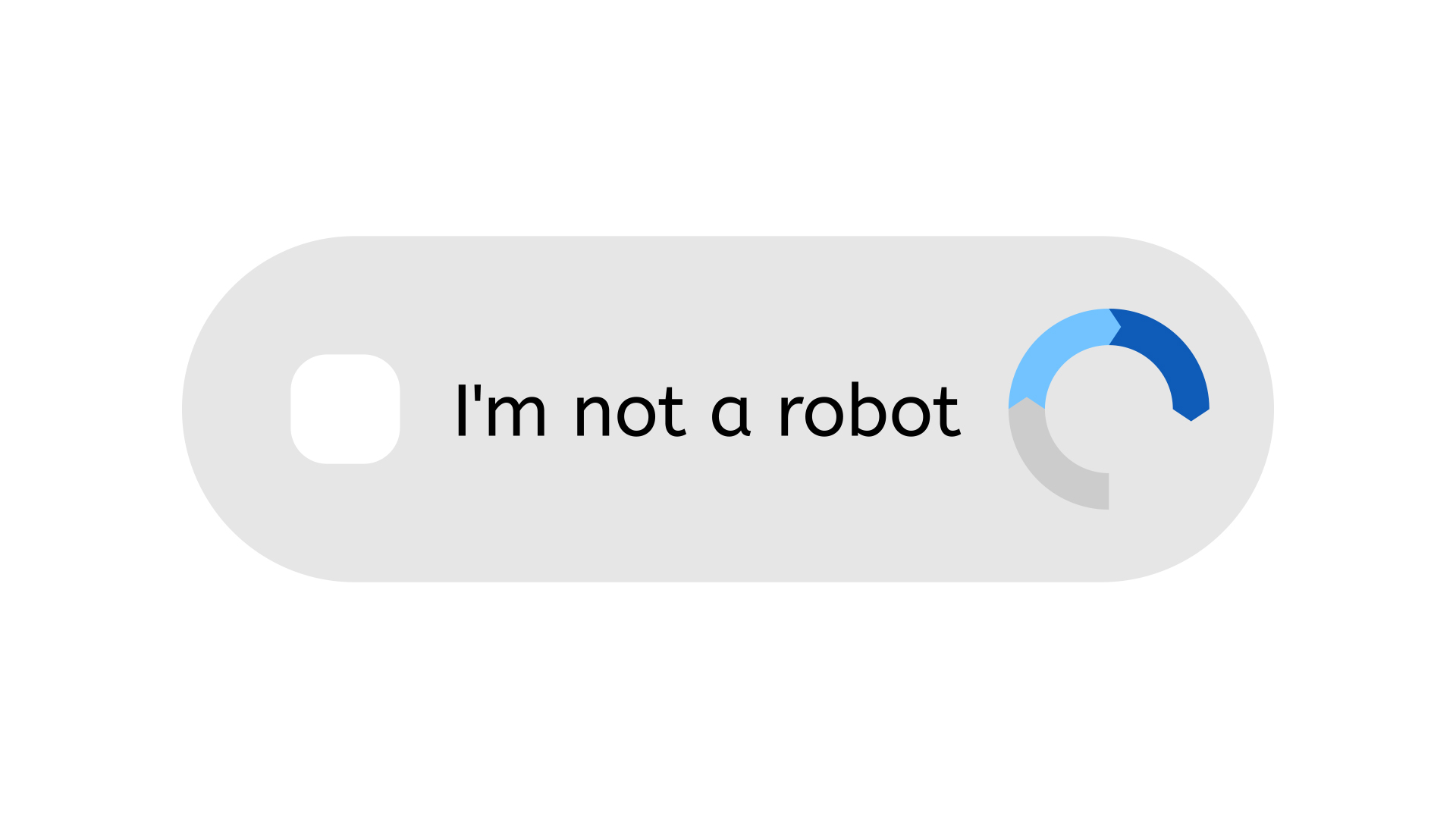You are using an out of date browser. It may not display this or other websites correctly.
You should upgrade or use an alternative browser.
You should upgrade or use an alternative browser.
Conception of a 21st Century Mind
version
Well-known member
"AI" is not so much emulating hooman brains as training them to be like it
Have you encountered those incredibly cryptic captchas yet? I got one via Microsoft recently and eventually solved it, but when I read up on it there were a ton of people claiming they're using us to train AI. That, or they think you're an AI yourself and the puzzle will get increasingly difficult each time you fail to solve it.

Microsoft’s impossible captchas are giving the internet an existential crisis
I'm not a robot… I think.
version
Well-known member
We did a thread about this
I thought we might have, but I couldn't remember what it was called.
version
Well-known member
Does anyone here have a particularly rigid structure to their brain? Do you think of it in strict compartments, or are we all dealing with something fluid? If I try to picture mine I have the general image of a grey, fleshy organ and then what's actually going on inside is just a sort of cloud or sea of thoughts, memories, facts, etc. I suppose I picture that sat on top of the more rigid automated bodily functions, but it's difficult to really sketch it out.
sufi
lala
mine's like a wild beautiful whirling psychedelic vortex bigger on the inside than the outside, but as soon as you opened up my head to take a look it would turn to grey sloppy jellyDoes anyone here have a particularly rigid structure to their brain? Do you think of it in strict compartments, or are we all dealing with something fluid? If I try to picture mine I have the general image of a grey, fleshy organ and then what's actually going on inside is just a sort of cloud or sea of thoughts, memories, facts, etc. I suppose I picture that sat on top of the more rigid automated bodily functions, but it's difficult to really sketch it out.
version
Well-known member
I dont see images i dont hear sounds i dont have ideas or feelings or an inner monologue
Yeah, we know you're thick.
version
Well-known member
My brain does nothing untul.i give it a job
Do you have any conception of it at all? Is it lying dormant prior to that? Is it a machine on standby?
version
Well-known member
'Revealing the Map' was a landscape kind of model.
Revealing the Map
The way the map's revealed in RDR2's really getting me atm. The idea of all that stuff just sat out there, unmarked, but perfectly accessible if you're willing to just ride out into it. It wasn't like that in some of the older GTA games. The map was all there, but you couldn't physically access...
www.dissensus.com
I had a mad seething brain but drugs killed it
this is why drugs won't be produced in communism.
shiels
_
ut what do you mean when you say that “character doesn’t exist?”
I don’t think that’s a bad thing at all. It’s not a sort of doomsday view. It’s one of the things that I realized had changed since the old templates, the Victorian template of novel writing, where character is a big thing. How much does character actually operate in a person’s life? I think it probably operates to create what we might fairly see as a dysfunction—not sticking to what you’re meant to be doing. So I think character is sort of a little low, and there’s a homogeneity afoot that I think everyone would accept in terms of our environment and how we live and how we communicate, and those things seem to be eroding the old idea of character.
Well, maybe it’s old for a reason. What about the subtleties of character or the subtleties of self-expression, or different personal experience?
I think those are shared. I’m not saying they don’t exist. I’m seeing them as more oceanic and as things that you can enter and leave in certain phases of your life that aren’t completely determined by the fact that you’re Jane and this is your life. I’m trying to see experience in a more lateral sense rather than as in this form of character. Which, as I said, I don’t actually think is how living is being done anymore. And it’s one of those ideas that hangs around in novel writing that I don’t really believe anymore.
Have you stopped reading novels that deal with character? Which are most novels, still.
I haven’t wanted to. I find even my oldest and most trustworthy friends are being flung across the room. There’s lots and lots of things I can’t read anymore. But I think that’s true—I think this is a moment in culture, generally, where people are suddenly looking again at everything that was accepted, voices that have been ringing in our ears forever, and suddenly thinking, I’m really sick of this, and I don’t want to read it anymore. A little of that has happened to me.
